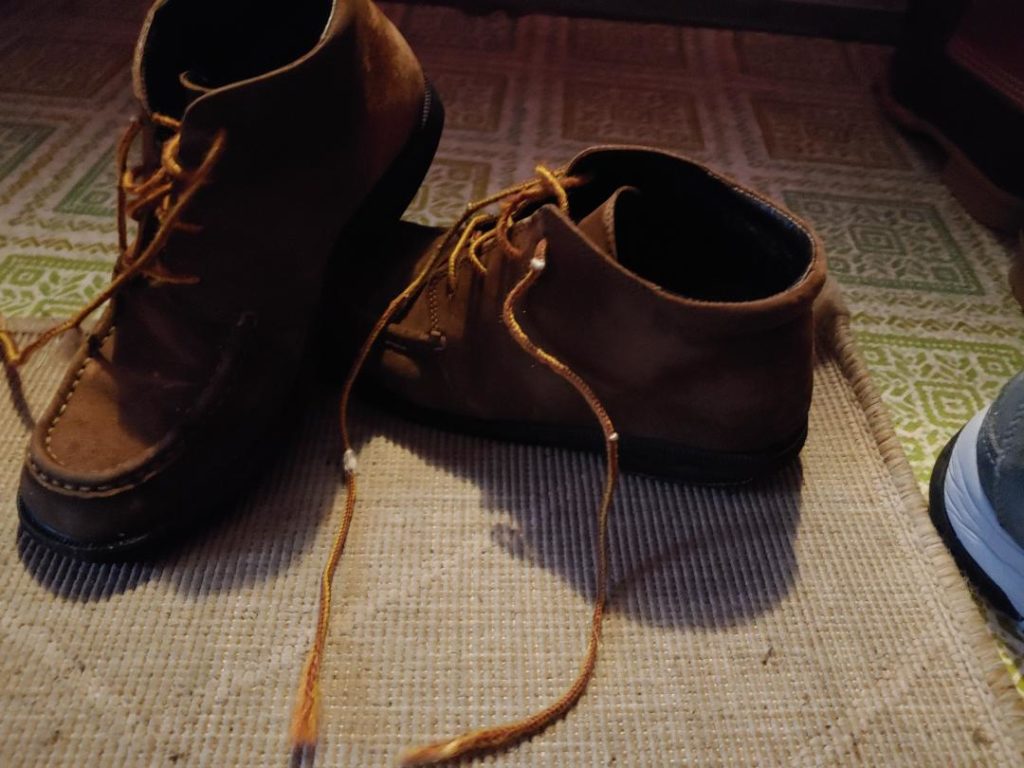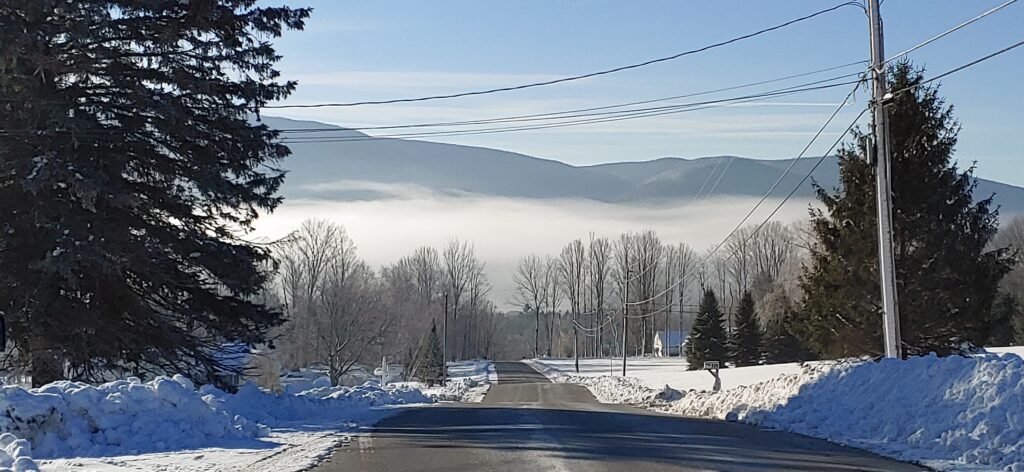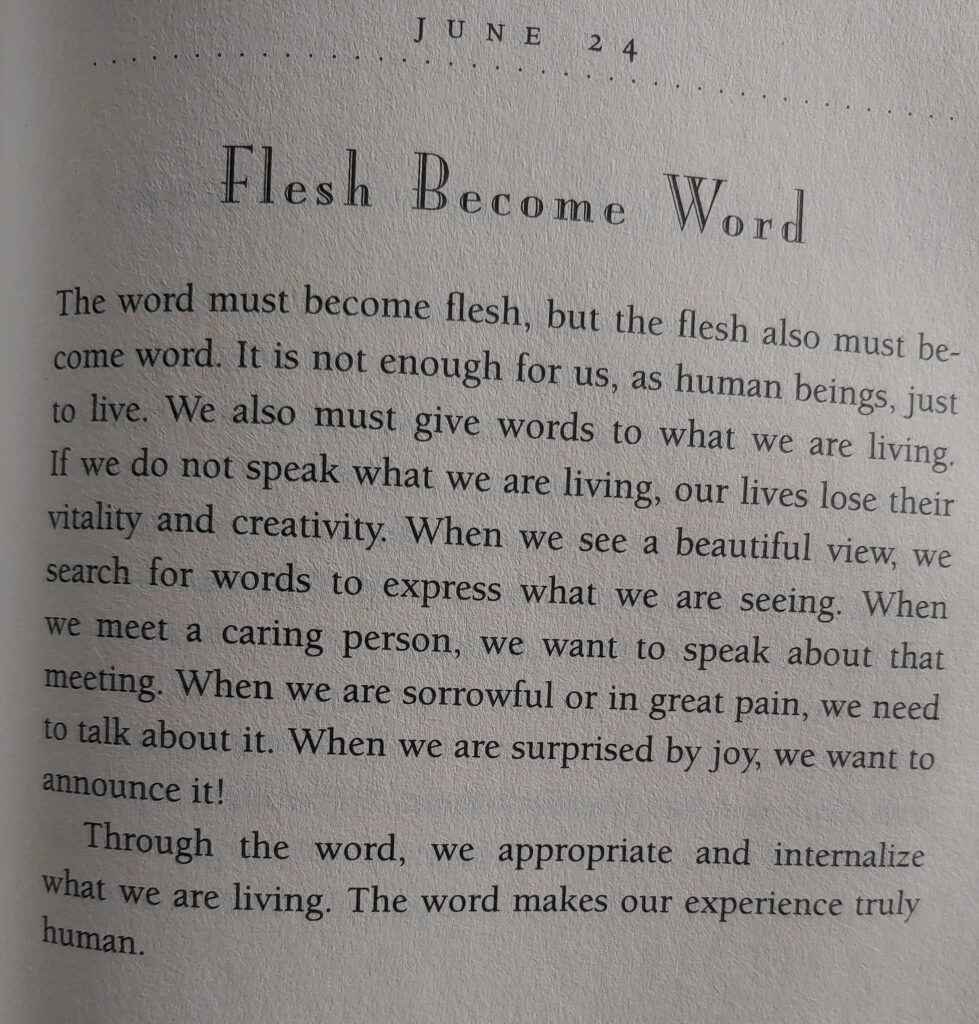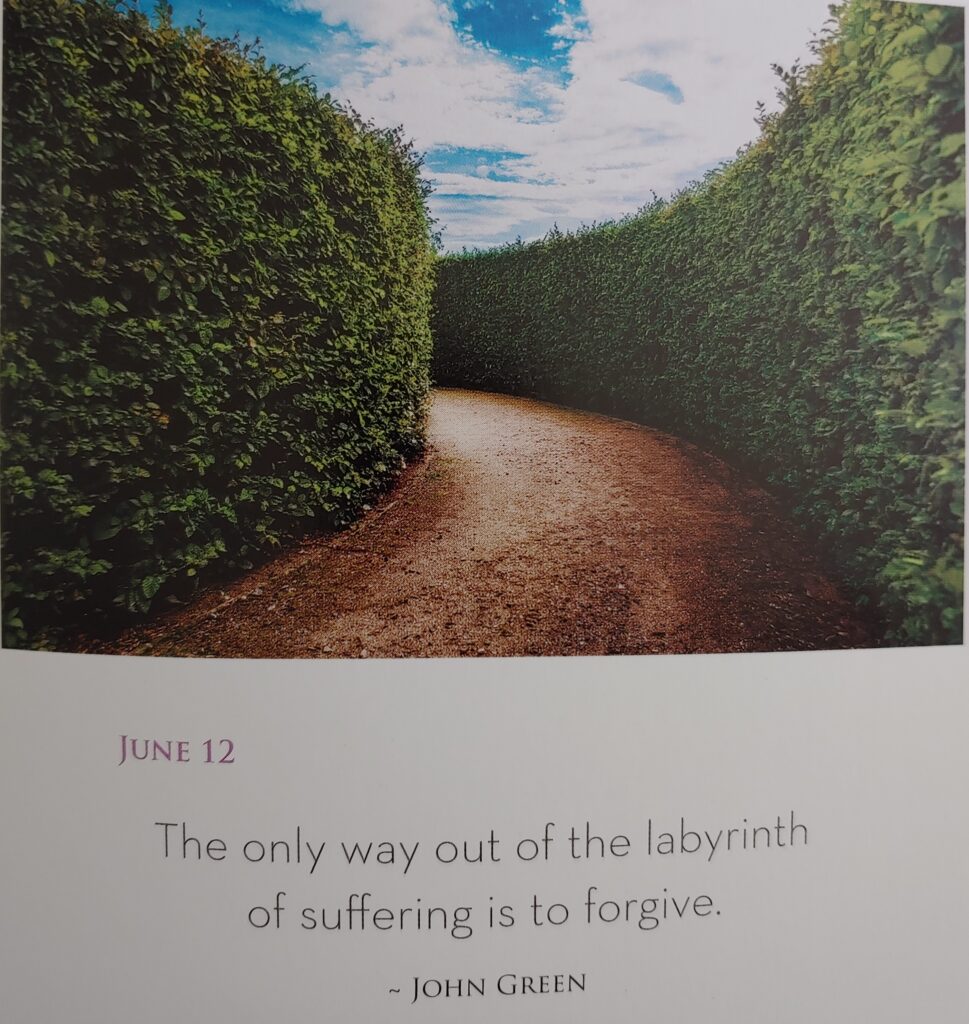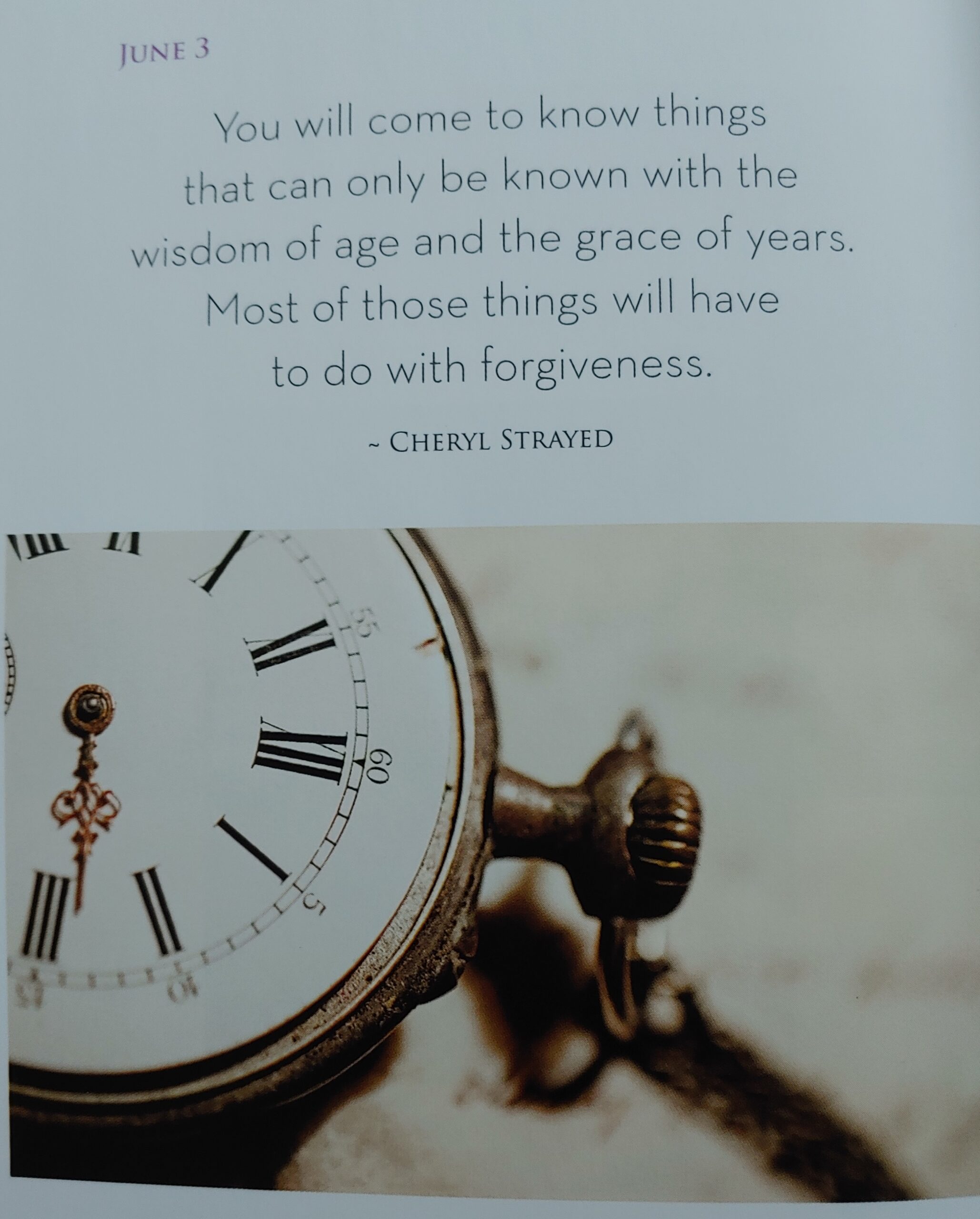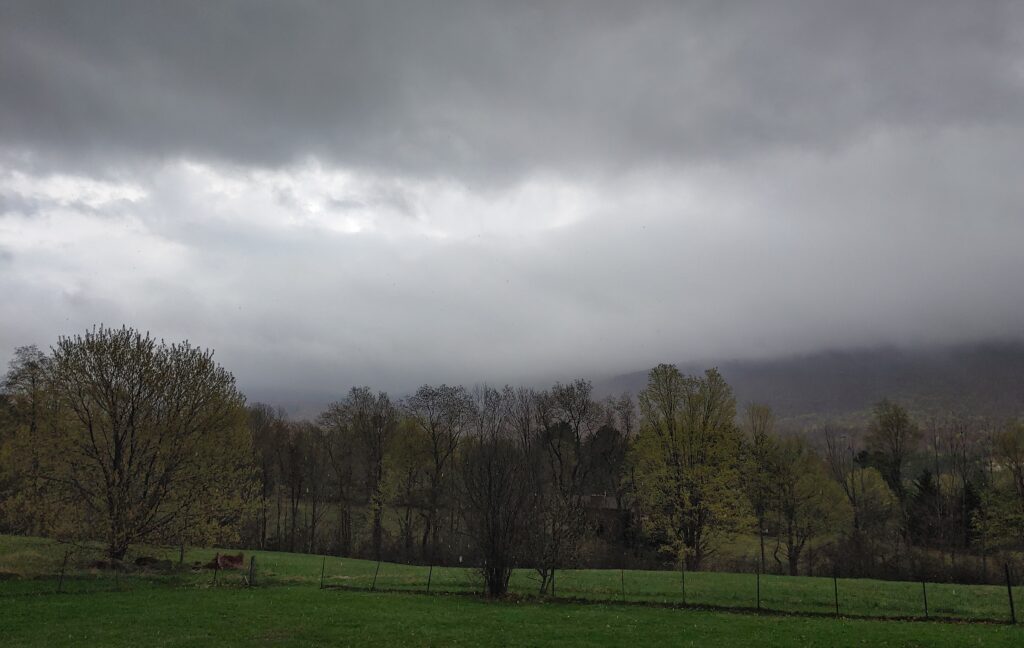To you I lift up my eyes, O you who are enthroned in the heavens!
As the eyes of servants look to the hand of their master, as the eyes of a maid to the hand of her mistress, so our eyes look to the Lord our God, until he has mercy upon us.
Have mercy upon us, O Lord, have mercy upon us, for we have had more than enough of contempt.
Our soul has had more than its fill of the scorn of those who are at ease, of the contempt of the proud. Psalm 123, NRSV
The tables were all set and the tray stands loaded with glasses of ice water. Our pre-ordered meals were on the long buffet table with our names above the rims to make it easier for us to find what we had chosen. My salad was pretty as well as tasty, and my water glass refilled whenever it was close to empty. Everything was set up to make lunch at the conference an enjoyable break between programs. The same was true of the coffee break beverages and snacks in the conference room, and of the afternoon dessert tray. It would be easy to assume that all these things just appeared from nowhere – a magical and instant answer to our wants and needs.
But meals and snacks don’t come from nowhere. Two women were hard a work setting up the rooms, putting out meals, refilling beverages, and cleaning up the plates and cups when we were done. They did their work quietly, blending into the background, easy to overlook.
Disregard can be proactive – the dismissive words, the look of contempt. That kind is easy to see and easy enough to avoid. Disregard can also passive – no words at all, eyes sliding past as if no one were there. It takes attention and effort to refrain from this. When we practice either form, we run the risk of burdening the hearts of others with a scorn that is poison to the soul.
Not exactly a good tip.


